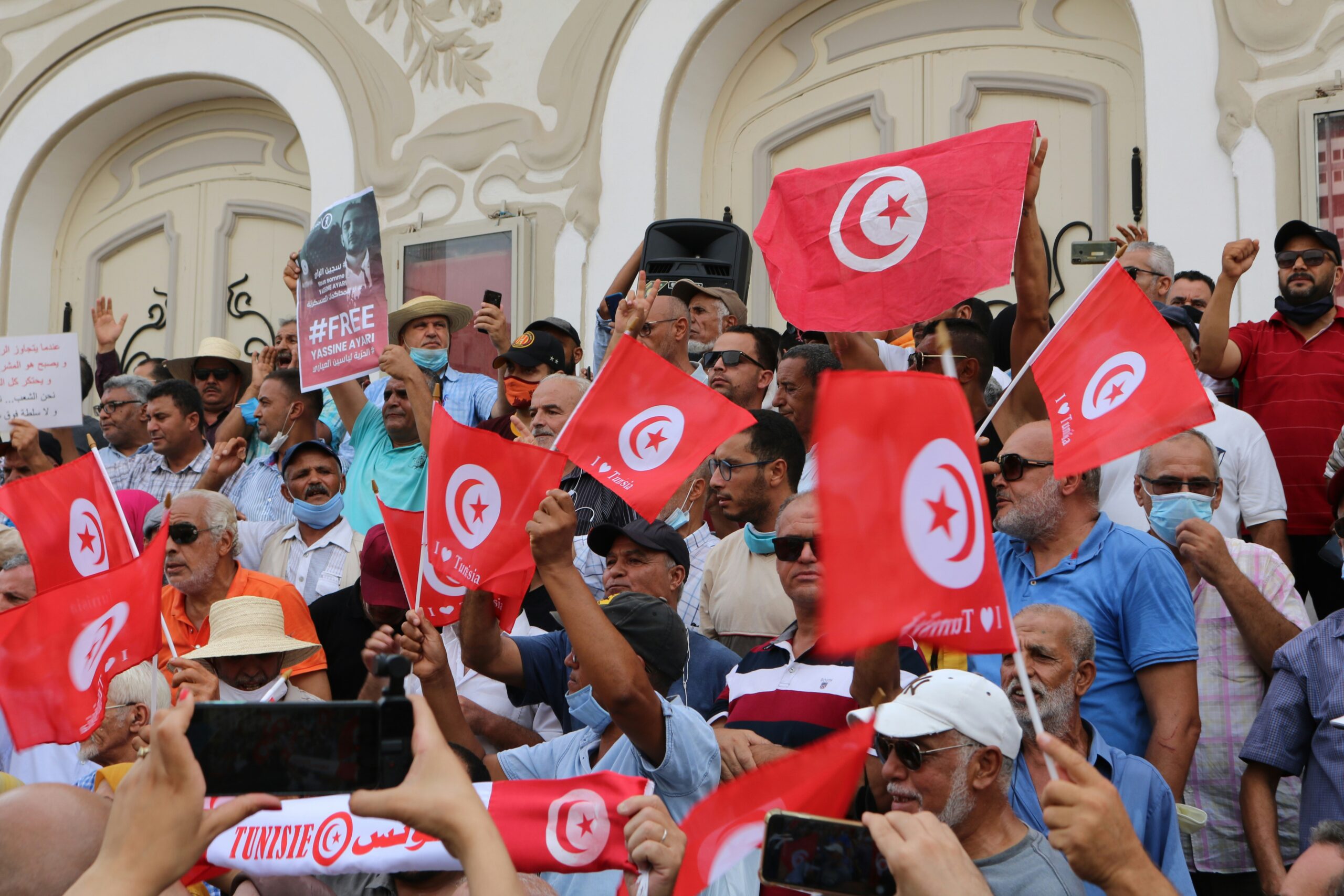
In a significant escalation of political tension in Tunisia, the General Labour Union (UGTT) is gearing up for a major confrontation with President Kais Saied. The union has announced a protest slated for August 21, in response to what it views as aggressive government measures aimed at curbing workers’ rights and intimidating strike actions.
Background
Since President Saied’s power grab on July 25, 2021, where he suspended the parliament and assumed extensive powers, Tunisia’s political landscape has been tumultuous. The revised constitution, shaped largely by Saied’s directives, has significantly diminished the role of parliament and political parties, centralizing power in the presidency. Despite these changes, the UGTT, with its robust membership, remains a formidable force in Tunisian politics, capable of mobilizing widespread support.
Key Facts
- The UGTT called for the upcoming protest following a three-day transport strike in late July, which was met with intimidation tactics from the government.
- President Saied has faced criticism for undermining democratic institutions and centralizing power, which he argues is necessary for political stability and economic reforms.
- The UGTT has played a pivotal role in Tunisia’s labor and political spheres, significantly influencing the country’s path towards democracy, especially during critical periods such as the 2015 National Dialogue.
Recent Developments
On August 7, tensions escalated when President Saied’s supporters staged a rally outside UGTT headquarters, branding the union as corrupt. Saied has echoed these sentiments, demanding accountability and alleging financial misconduct by the UGTT. This confrontation follows a series of government actions perceived as attempts to weaken the union, including regulatory changes to labor laws without UGTT’s consultation.
A Weakened Union?
Analysts suggest that the UGTT is experiencing internal divisions and a weakening influence, which could undermine its ability to challenge the government effectively. Changes in the union’s leadership structure and economic hardships have fueled discontent among its members, potentially diminishing its negotiating power.
The Rise of a Rival Union
The government’s support for the Union of Tunisian Workers (UTT), a rival labor organization, signals a strategic move to further dilute UGTT’s influence. The UTT, despite its leaders’ checkered histories, is positioning itself as a viable alternative, capitalizing on the UGTT’s current vulnerabilities.
Implications for Tunisia
The ongoing clash between the UGTT and President Saied is more than a labor dispute; it is indicative of the broader struggle for power and democracy in Tunisia. As the country navigates through economic challenges and political restructuring, the outcome of this confrontation could significantly impact Tunisia’s democratic institutions and its international standing.


